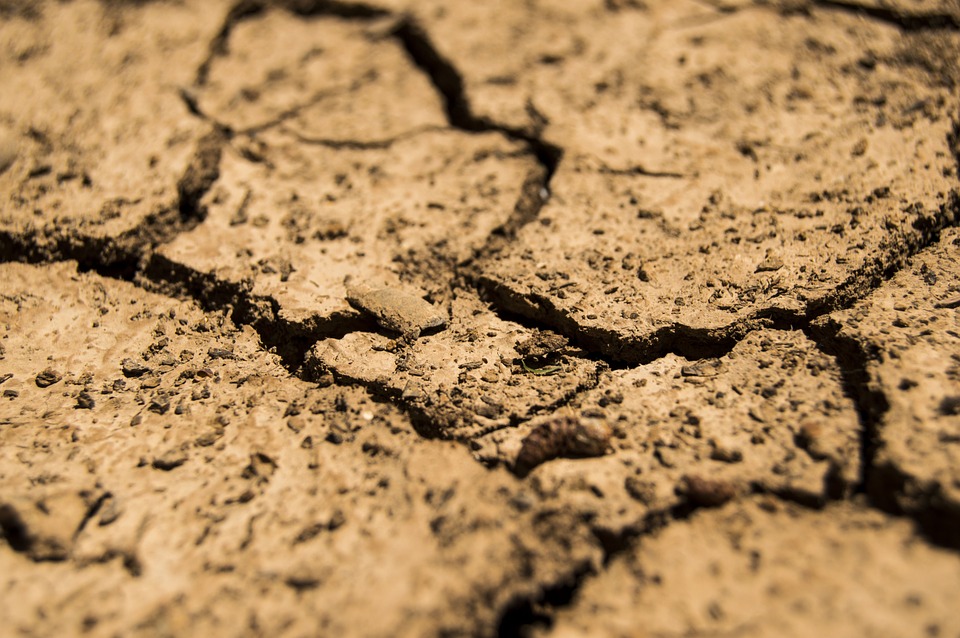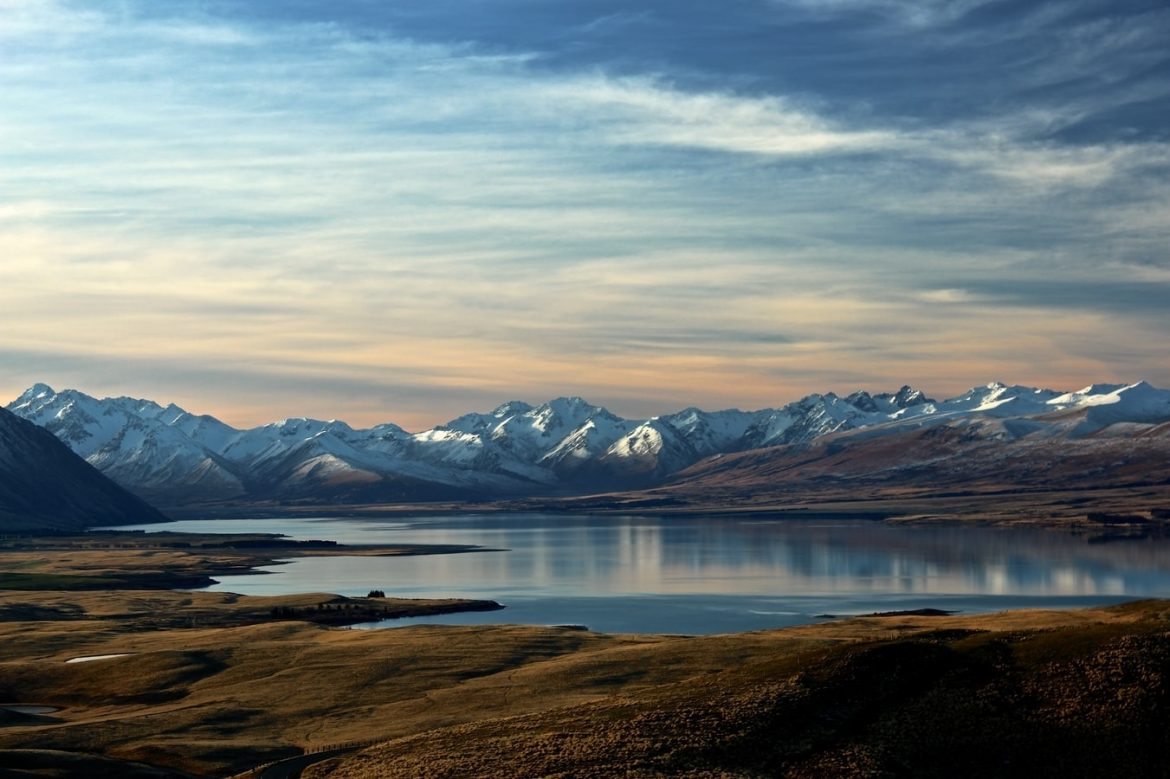Image source: Tobias Keller/unsplash.com
While many may be focused on the recent plunge of the U.S. Stock Market, the latest Brexit talks, or Angela Merkel’s attempts to form a coalition, the city of Cape Town, South Africa, is just weeks away from experiencing an extreme water shortage. The second largest city in South Africa, with a population of nearly 4 million, could move to controlling distribution of water as soon as April 6th as reserve supplies hit extreme lows [1]. While increases in water scarcity have required greater adoption of conservation strategy, in South Africa it may have been too little too late. Other governments who face water scarcity should take note.

If current patterns of water usage and climate change continue scarcity is set to increase. This resource uncertainty may place many regions at a greater risk of instability. Current examples of water related conflict can already be seen in war torn Yemen and Syria. Factors that led to Syria’s 2011 civil war were likely amplified by drought and water shortages that occurred as a result of mismanagement of already scarce resources. While not solely responsible, agricultural failures linked to a multi-seasonal drought, between 2006 and 2009, contributed to the internal migration of nearly 1.5 million Syrians from rural to urban areas [2]. This displacement, coupled with the reality that few opportunities were found in cities to those who migrated, likely increased tensions leading up to the current conflict in Syria. Palestine and Israel, set to be some of the most water stressed countries by 2040, will likely see their conflicts exacerbated as access to water dwindles [3].

NATO’s Parliamentary Assembly warns that food and water shortages in the Middle East and Northern Africa have the potential to spell trouble for the global community in the form of mass migrations and violent conflict [4]. As these regions fail to develop policies, or cease to have the capacity, to preserve resources needed to support life it will become a global strategic imperative to see that action is taken in order to prevent instability. Mass migrations, like the ones recently seen into Europe, may become more common as individuals seek locations with more opportunities and access to water.
Several significant steps that will be taken to combat reduction of resources are tied into the commitments laid out in the Paris Climate Agreement. Action taken to reduce climate change will assist in lowering future water stress in many regions. However, as the Agreement’s main focus is not water conservation, it is not certain that it will make a significant impact in reducing future scarcity. Water stress is more likely to be driven by increased demand from growing populations and economic activity than it is by climate change [5]. Even if the Climate Agreement’s commitments were met, a growing global population, increasing urbanization, and an inability to adjust agricultural and conservation policies spells trouble for the future of water security.

Countries familiar to water scarcity are not the only ones set to experience challenges in the near future. Several of the world’s top economies, including the U.S., China, India, Italy, Australia, Spain, Turkey, and Saudi Arabia are set to see high or extremely high water scarcity by 2040 if policies are not adjusted [3]. To add more concern, some leading experts on the economic impacts of climate change warn that average global incomes are set to decline roughly 23% by 2100 if the existing pattern of global warming continues [4]. This reduction of economic opportunity coupled with diminished resources will likely cause greater movements of people from the most affected regions. This migration may resemble the most recent migrant and refuge crisis seen in Europe, with countries struggling to cope with the influx of individuals from disturbed regions. In order to prevent future crises governments need to begin reevaluating their policies surrounding water conservation and resource management in order to head off water driven conflict. What is happening in Cape Town should be a warning not only to countries that are already water stressed, but to major economies as well. Failure to adjust global water policy and conservation strategy will spell trouble around the globe.
Please note that the views expressed are those of the author and do not necessarily represent or reflect the views of Munich European Forum e.V.
[1] City of Cape Town. (2018). Day Zero. From http://coct.co/water-dashboard/
[2] Suter, M. (2017, September 12). Running Out of Water: Conflict and Water Scarcity in Yemen and Syria. From http://www.atlanticcouncil.org/blogs/menasource/running-out-of-water-conflict-and-water-scarcity-in-yemen-and-syria
[3] Maddocks, A., Young, R.S., & Reig, P. (2015, August 26). Ranking the World’s Most Water Stressed Countries in 2040. From http://www.wri.org/blog/2015/08/ranking-world%E2%80%99s-most-water-stressed-countries-2040
[4] NATO. (2017, May 22). Lawmakers from NATO allies warn on risks from Middle East water shortages, climate change. From https://www.nato-pa.int/news/lawmakers-nato-allies-warn-risks-middle-east-water-shortages-climate-change
[5] Dwortzan, M. (2016, October 4). Even if the Paris Agreement is implemented, food and water supplies remain at risk. From http://news.mit.edu/2016/even-if-paris-climate-agreement-implemented-food-and-water-supplies-at-risk-1004
